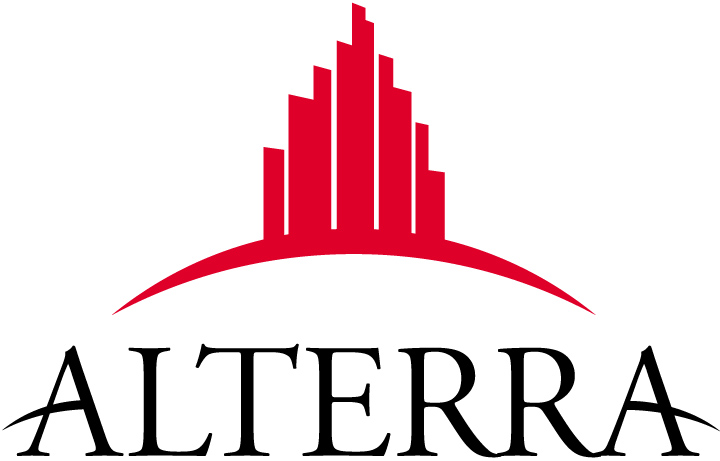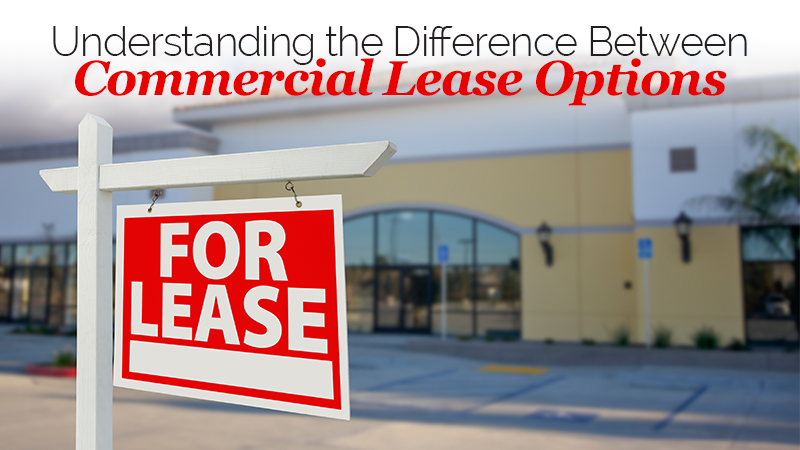When searching for a commercial space from which to operate your business, it is important to understand the different leasing options that are available. Some lease options will be better suited for your particular set of needs than others.
Because a commercial lease is a contract, it is binding. This means that business owners must be careful when making a lease agreement because that decision will likely remain in place for at least a year. That’s why it’s also important to be sure you work with a commercial realtor who knows the ins and outs of your desired area, like Alterra Real Estate Advisors. Here are some of the various lease types you need to know about.
Gross Lease
Also known as a fully serviced lease, this type of rental agreement is one in which the landlord shoulders the burden of most of the costs associated with the facility. This means that the tenant will not have to worry about utilities, insurance, maintenance and other expenses. Rent is higher under this type of lease because it is all-inclusive. A gross lease is a good choice for smaller businesses and those that are simply looking for office space.
Net Lease
In a net lease, the tenant will be responsible for a portion of the building’s insurance and property taxes, while the landlord usually covers the cost of maintenance. The details vary from one property to another, so business owners who are considering a net lease should pay close attention to the exactly what they are responsible for to make sure those responsibilities are feasible for their operation.
Net Net Lease (NN)
In this configuration, the tenant is usually responsible for paying the taxes, utilities and maintenance for the property.
Net Net Net Lease (NNN)
This type of lease places all of the responsibility for taxes, utilities, maintenance and repairs on the tenant. The landlord will cover the cost of any structural repairs.
Absolute Triple Net Lease
In this type of arrangement, the tenant assumes responsibility for all expenses associated with the building, to include taxes, utilities, repairs and maintenance. The landlord has no obligations in regard to these items.
Absolute Net Lease
This form of lease is similar to an NNN lease in that the tenant is responsible for all expenses. The difference is that an Absolute Net Lease is usually given to a long-term tenant rather than a short-term tenant.
Absolute Net Bond
This is the most landlord-friendly form of commercial leasing. The tenant is responsible for all costs, including utilities, insurance, taxes and maintenance/repair. In addition, the tenant covers the cost of casualty and condemnation coverage.
For business owners, the type of lease that is chosen is just as important as the facility for which the lease is written. Making a well-advised choice when shopping for a new location can make a world of difference in a company’s bottom line.
At AlterraAlterra Real Estate Advisors, our team has the knowledge, expertise and commitment needed to help your company find its new home. Call us today to learn more about our services and track record, and to discuss what type of commercial lease option is best suited for your current and projected set of needs.

